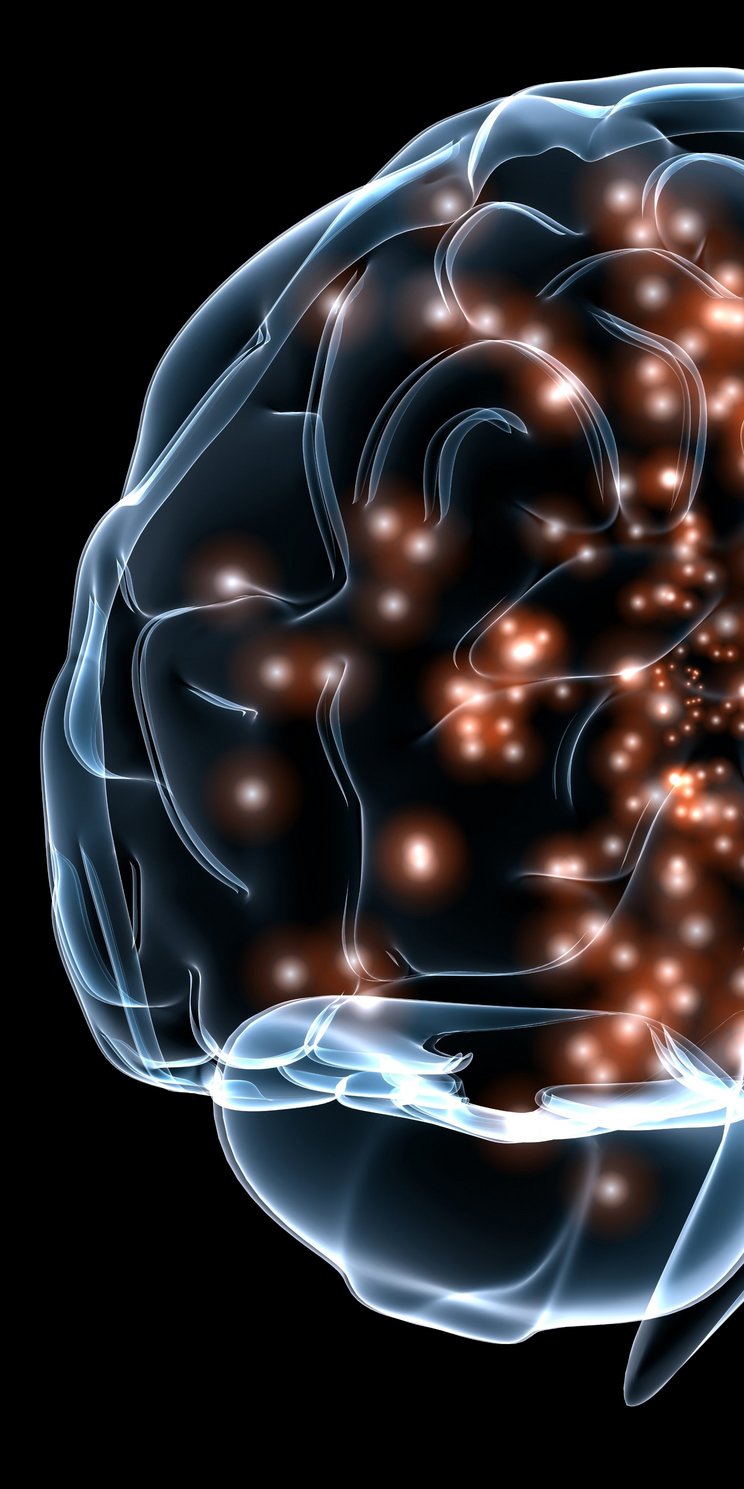Research into neurotechnology has made rapid progress in recent years. Neurotechnologies comprise systems that act as a direct interface between the brain and computers. Examples include cochlear implants, which help the hearing-impaired and deaf to hear again or more clearly, and brain scanners that enable paralysed people to communicate with their environment again by transmitting their thoughts to computers or robots.
Many neurotechnological applications could soon become part of our everyday lives. While they have enormous potential benefits for diagnostic, therapeutic, rehabilitative and assistive purposes — for example, for people with disabilities — they also raise significant ethical questions. Who owns the data produced by our brains, and how can our privacy be protected if our thoughts are read? In what circumstances should neurotechnology be permitted to alter our memories, and what would that mean for our identity? How can we safeguard our free will when companies use neuromarketing techniques — marketing products based on neurotechnology — to influence us?
As more and more applications aimed at healthy people are being developed, the overarching question of how we, as a society, deal with technology that can measure and influence the brain is becoming increasingly important. Many of these neurotechnological applications focus on self-optimisation, such as enhancing concentration and memory.
UNESCO Recommendation on the Ethics of Neurotechnology adopted
In November 2025, the UNESCO General Conference adopted the first international legal text for the ethical development and use of neurotechnologies, the UNESCO Recommendation on the Ethics of NeurotechnologyExternal link:. The Recommendation primarily addresses legal and socio-political issues related to neurotechnological applications. Technical issues are not its main focus. This international legal text is the result of a two-year development process: A group of experts drew up an initial draft, which was then subject to a comprehensive international consultation process. In May 2025, a special committee comprising technical and legal experts, who were appointed by the member states, met to negotiate the draft and to agree on the final text. This version was formally adopted in November 2025 and now provides the basis for national measures and regulation in this field.
[Translate to English:] Zurück zur Übersicht Ethik neuer Technologien
Back to overview Ethics of Emerging Technologies
